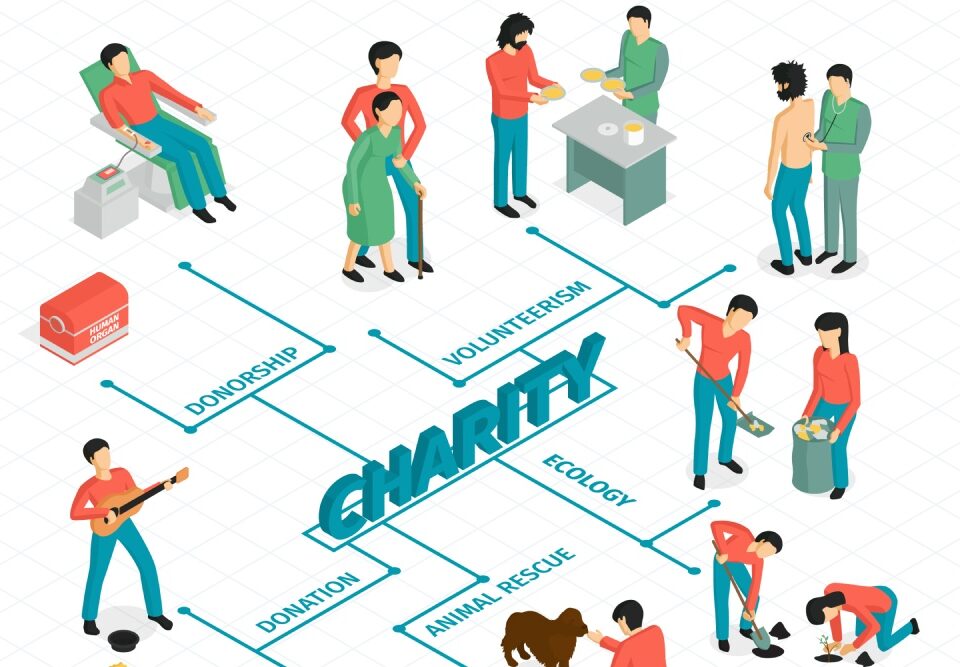Data consent management is the process of obtaining and managing consent from individuals to collect, use, and share their personal data. It is an essential part of any business that collects and uses customer data, as it helps to ensure that businesses are compliant with data protection and privacy regulations.
In today’s business world, the rate at which the dynamics are changing and the rate at which customer data is being collected a good data consent management system plays a vital role for a number of reasons.
First, it helps to build trust with customers. When customers know that their data is being collected and used with their consent, they are more likely to do business with a company. Second, data consent management can help to avoid legal problems. By obtaining consent from customers, businesses can protect themselves from data protection lawsuits. Third, data consent management can help to improve customer experience. By giving customers control over their data, businesses can create a more personalized and relevant experience for them.
Salesforce Data Cloud includes its own Consent Management feature that allows organizations to track and manage consent preferences for individuals whose data is stored in Salesforce Data Cloud. This helps organizations comply with data protection and privacy regulations, such as the General Data Protection Regulation (GDPR). Also to build customer’s trust with data residency and protection.

Data Cloud’s Consent Management Data Model consists of four levels; namely;
Global consent
Engagement Channel Consent
Contact Point Consent
Data use purpose.
- Global Consent is the broadest level of consent and applies to all interactions with the organization.
For e.g., an individual may give global consent to be contacted or not.
- Engagement Channel Consent is more granular than global consent and applies to specific channels of communication.
For e.g., an individual may give engagement channel consent to be contacted by email but not by phone.
- Contact Point Consent is the most granular level of consent and applies to specific contact points.
For e.g., an individual may give contact point consent to be contacted on their work email address but not their personal email address.
- Data Use Purpose is the purpose for which the organization is collecting and using the individual’s data.
For e.g., an individual may give consent to the organization to use their data for marketing purposes but not for research purposes.
In addition to these four core consent objects, Brand is also a critical component to enable the distinction of consent preferences by different Brands.
For e.g., an individual may give Brand consent to the organization by saying contact me Brand “X” only.
Data consent management is vital to all businesses that collect and use customer data. Salesforce Data Cloud with its easy-to-configure and scalable out-of-the-box data consent management feature lets businesses build robust system to protect their customers’ privacy according to GDPR, build trust, and conform with compliance guidelines.




